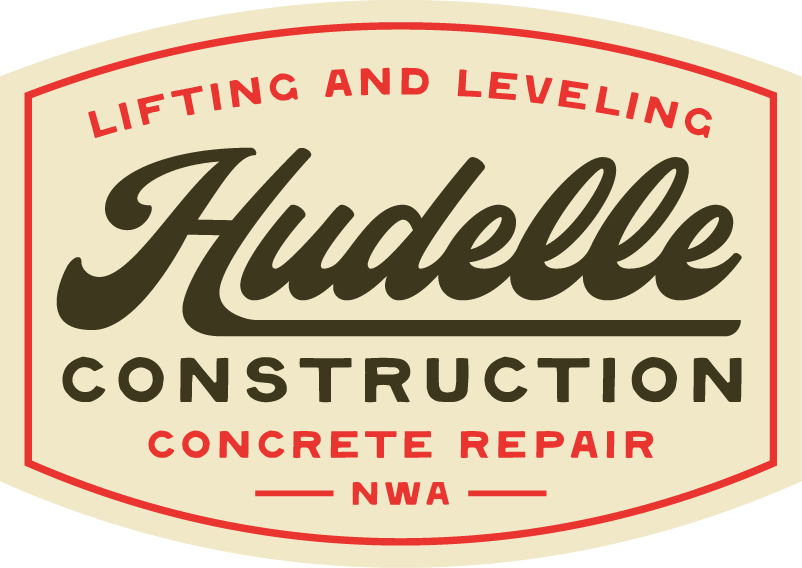How Does Concrete Leveling Work?

Concrete lifting, also known as slab jacking or foam jacking, is a simple and effective process used to raise sunken concrete surfaces like sidewalks, driveways, patios, and garage floors. After a careful assessment by our team, small holes are drilled into the affected concrete slab. Then, a specialized polyurethane foam is injected underneath through those holes. As the foam expands, it fills gaps and voids in the soil, gently lifting the concrete back to its original level. Once the area is raised and stabilized, the holes are patched, leaving the surface clean and ready to use — often the same day. It’s a fast, affordable, and long-lasting alternative to tearing out and replacing concrete.
When Do I Need to Repair Cracked Concrete?
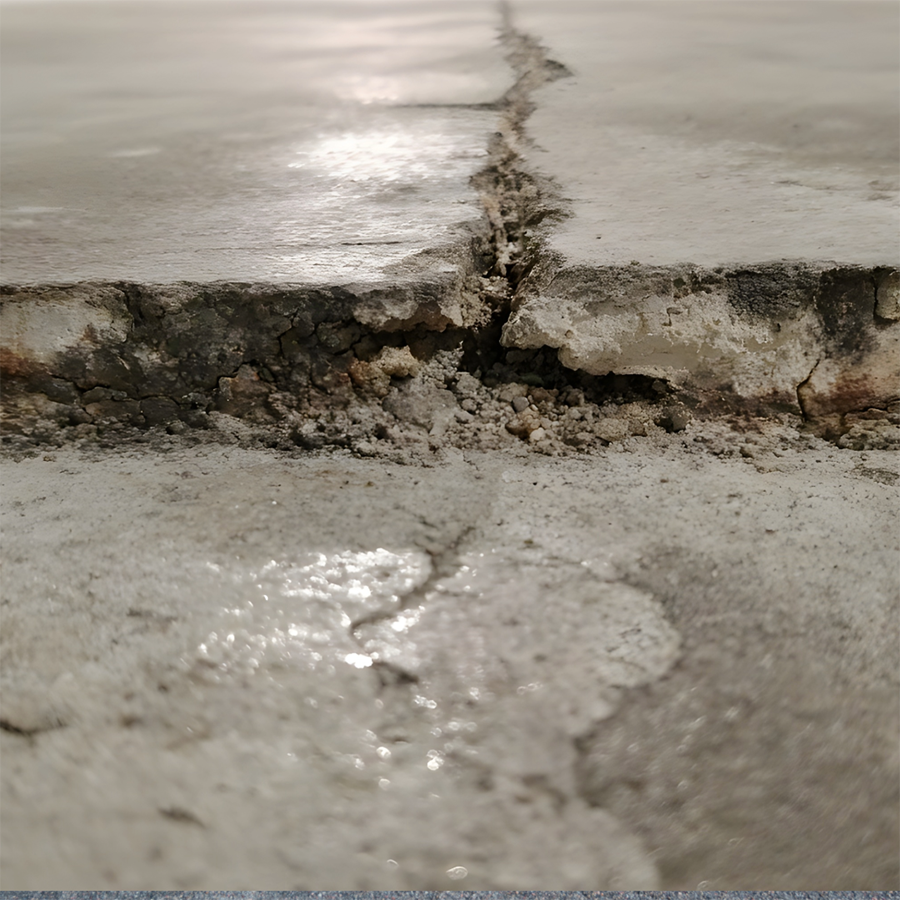
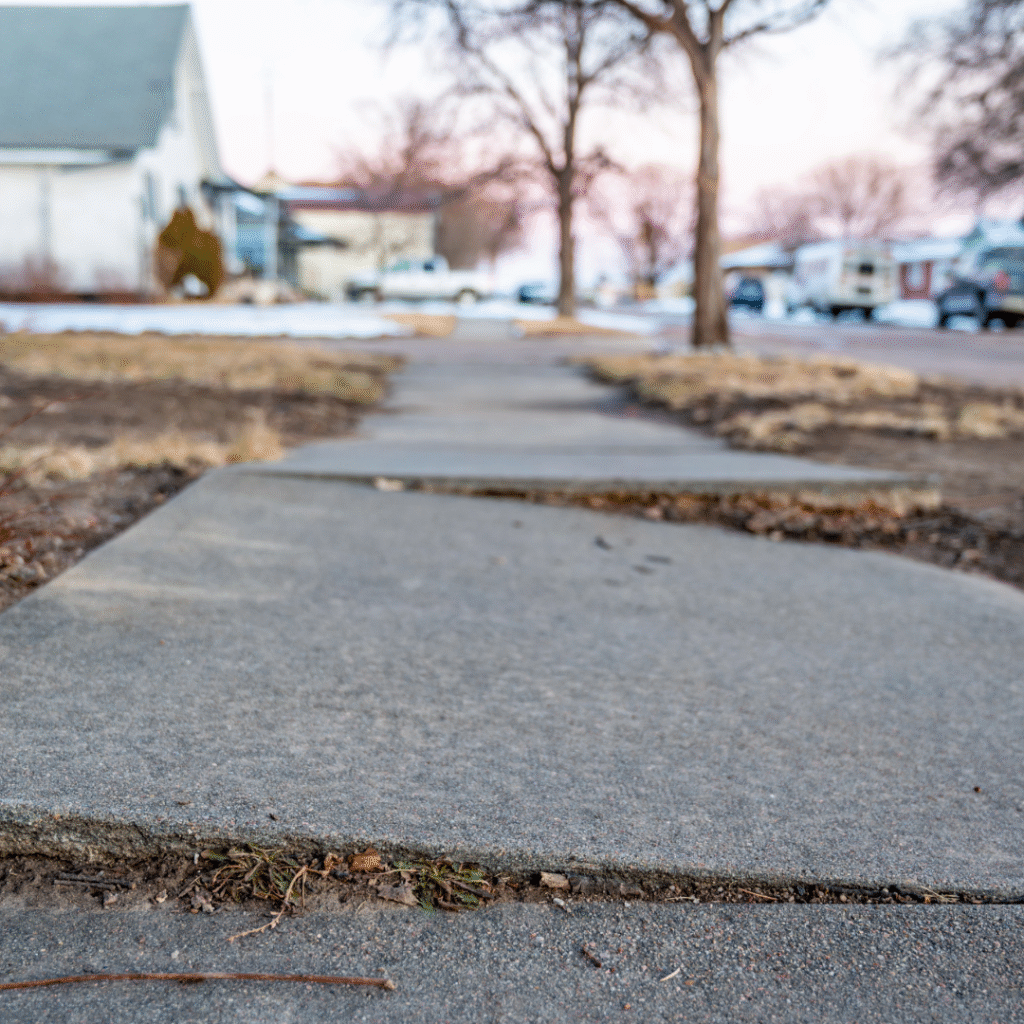

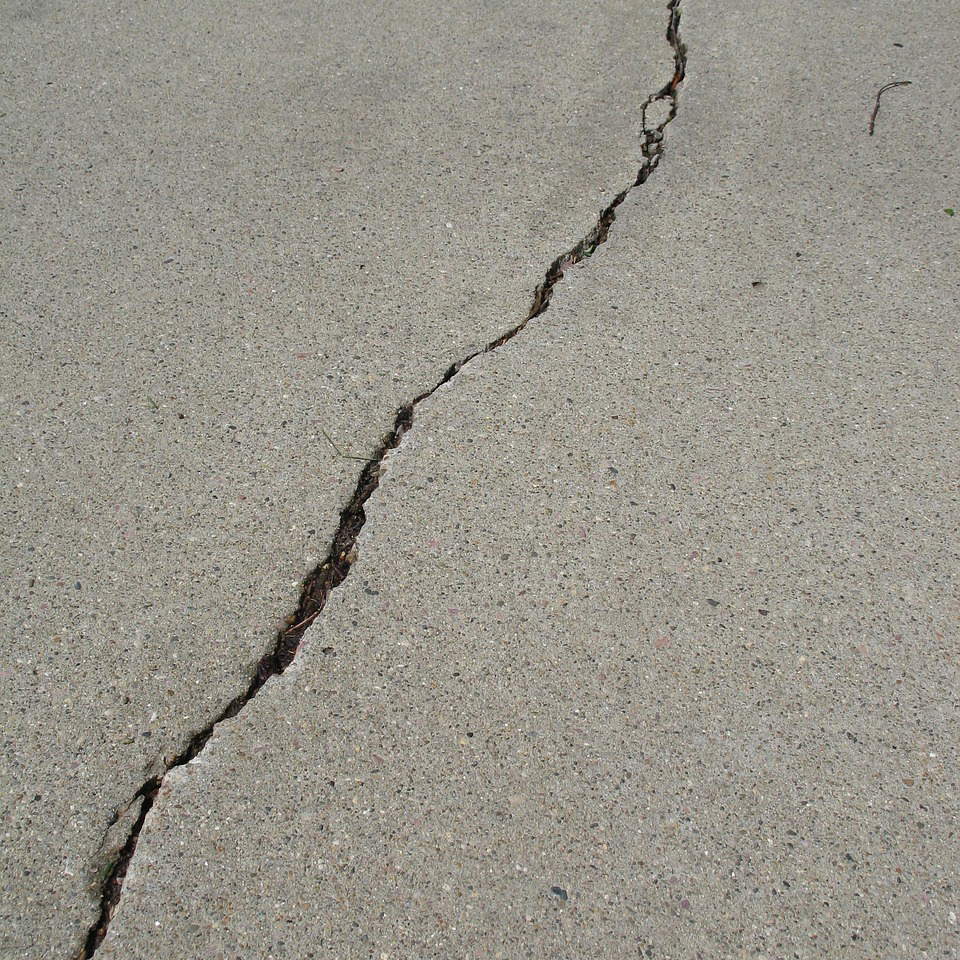
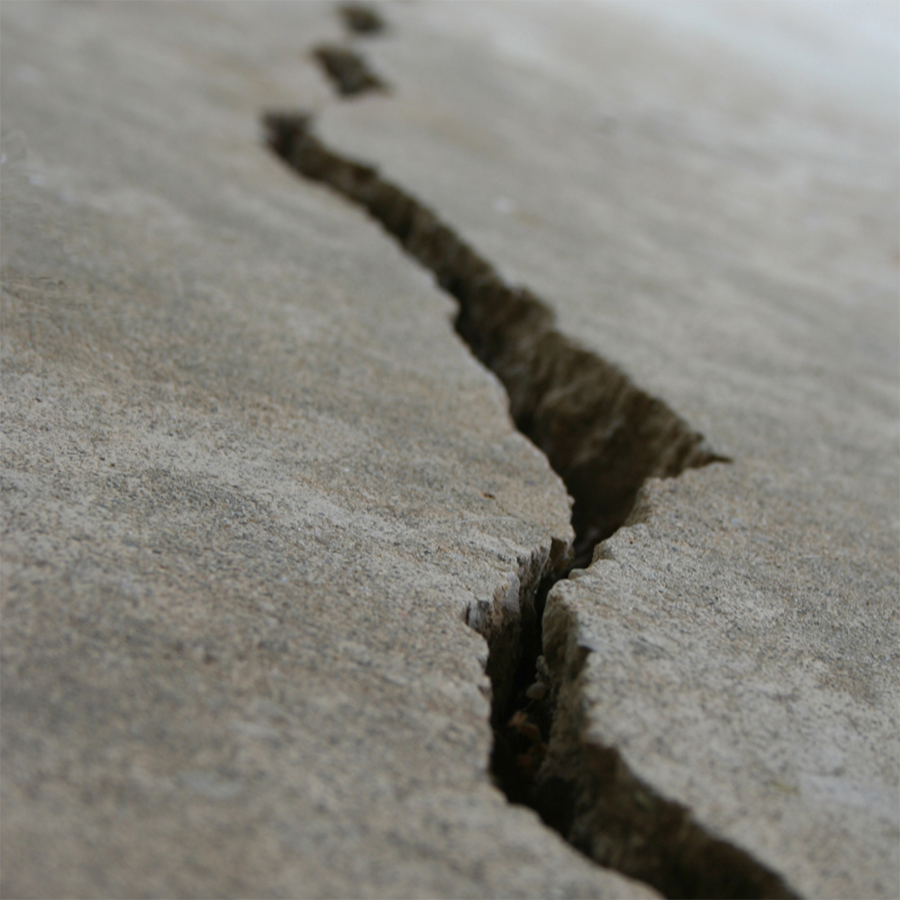
Cracks in concrete should be repaired as soon as they are noticed to prevent further damage and costly repairs down the line. Even small cracks can allow water to seep beneath the slab, leading to soil erosion, freeze-thaw damage, and eventual sinking or shifting of the concrete. If you notice uneven surfaces, gaps, or cracks wider than 1/8 inch, it’s a sign your concrete may need professional attention. Timely crack repair not only restores the appearance of your driveway, sidewalk, or patio — it also helps maintain structural integrity, improves safety by eliminating trip hazards, and extends the life of your concrete. Regular maintenance and early repair are key to protecting your investment.
Spray Foam Insulation
Spray foam insulation or (SPF) Spray polyurethane foam is the most efficient, energy, and cost-saving option for your home or business. Whether the building is new or existing construction, from metal buildings to barns, spray foam products play a crucial role in ensuring buildings operate efficiently as a system, minimizing leaks and keeping conditioned air inside when applied to walls, roofs, ceilings, floors, basements, and foundations. Spray Foam is a 2-in-1 package that’s not just an insulator but also a superior air barrier.
UNDERSTANDING R-VALUES
R-VALUE is a measure of the capacity of a material to resist heat transfer. An insulating material’s resistance to conductive heat flow is measured or rated in terms of its thermal resistance or R-value. The higher the R-value, the greater the insulating effectiveness. Though these values can change based on the type of construction and heating system used.
Click here to see recommended Home Insulation R-Values
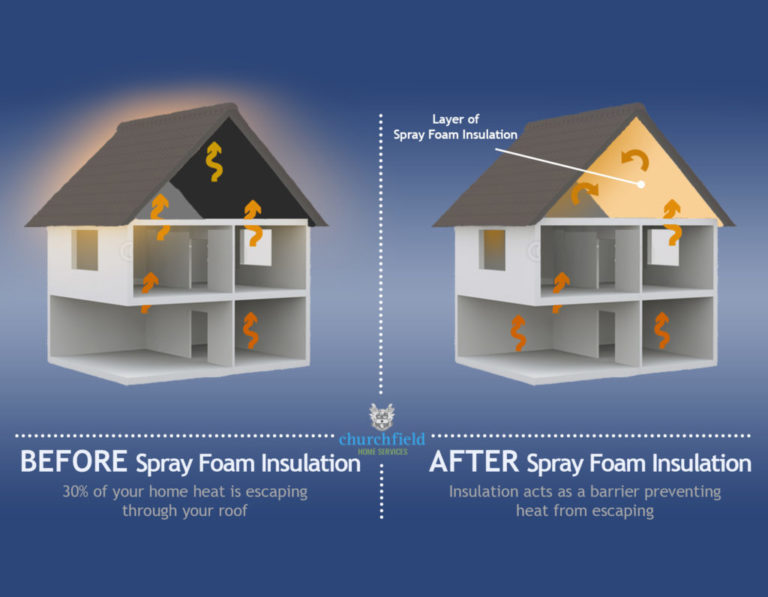
Tax Credits, Rebates, & Savings – find out what is available in your area from Energy.gov
Recommended Levels of Insulation – brought to you by Energy Star
Spray Foam Insulation Information:
Spray foam insulation is an alternative to traditional building insulation, such as fiberglass. It is a two-component mixture composed of isocyanate and polyol resin that come together at the tip of a gun and forms an expanding foam. The foam can be sprayed onto roof tiles, concrete slabs, into wall cavities, or through holes drilled into the cavity of a finished wall. Both types of SPF are thermoset cellular plastics comprising millions of small cells. There are two different types of spray foam insulation:
Light-Density Open Cell (half pound foam):
- Due to its ability to expand during the application process, OC SPF fills cracks, crevices, and voids and adheres to irregular surfaces or substrates to form an air sealing insulation.
- It provides sound reduction by blocking and absorbing air leakage.
- Reduces noise transmission.
- Semi-rigid material with a sponge-like appearance that expands during installation and creates small, open cells that are filled with carbon dioxide. It can be crushed in your hand.
- It is less expensive than traditional types of insulation such as fiberglass.
- OC SPF has a typical R-value of 3.5 to 3.7 per inch.
- It is usually only recommended for indoor applications.
- We normally do not recommend using open cell foam in damp climates.
Closed Cell (aka two-pound foam):
- CC SPF creates an airtight barrier. When the required minimum thickness of 1.5-2 inches is installed, CC SPF is both a vapor barrier and an air barrier.
- It is perfect for attics, exterior walls, and metal buildings.
- Reduces noise transmission.
- A moisture barrier is created.
- It is rigid to the touch
- Adds strength and rigidity for improved structural integrity.
- There is a typical R-value of 6 per inch.
